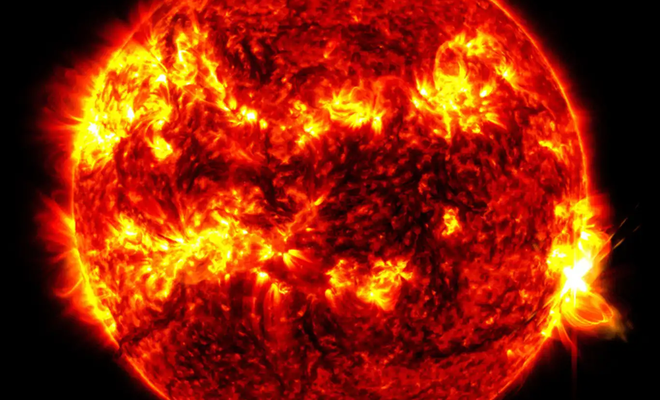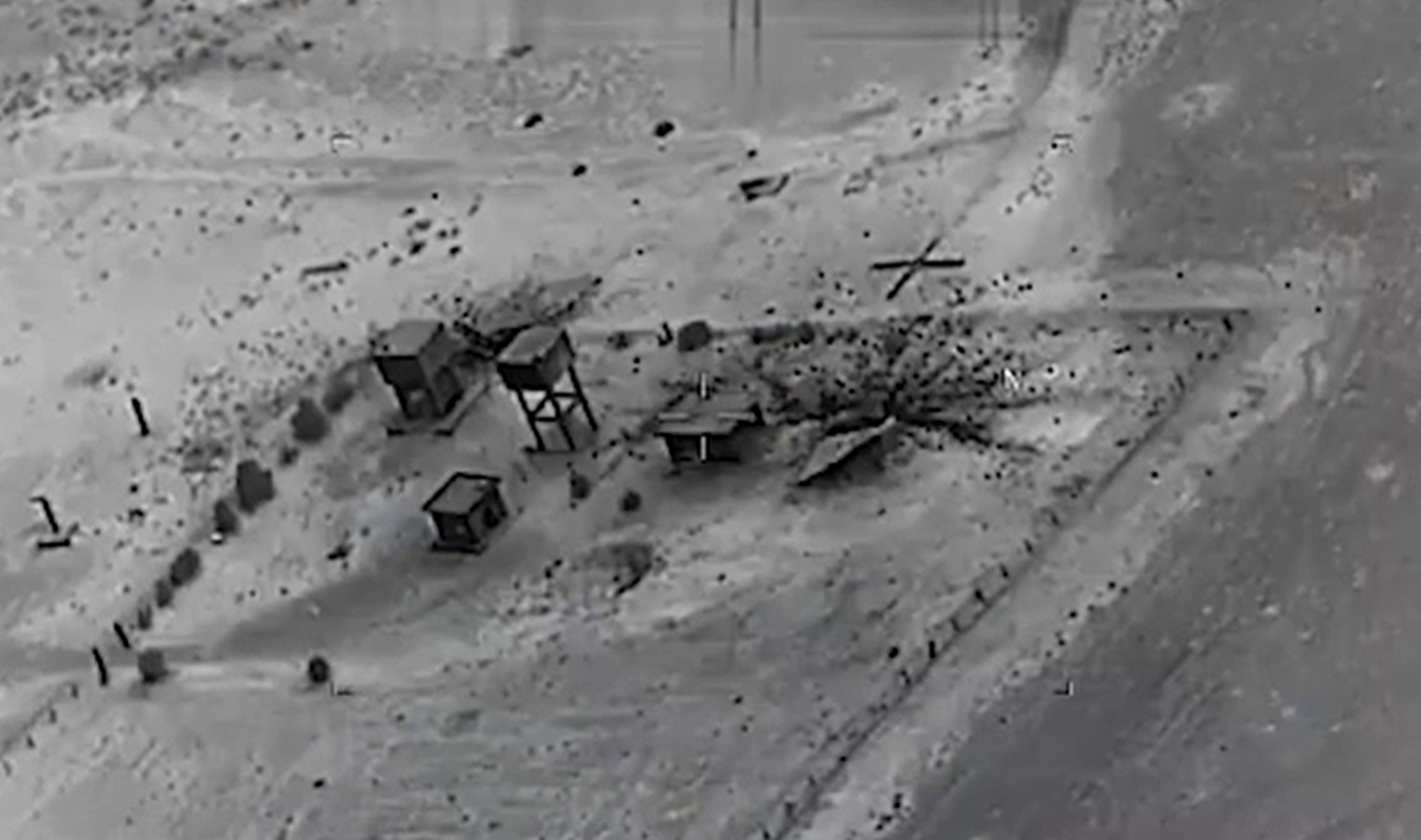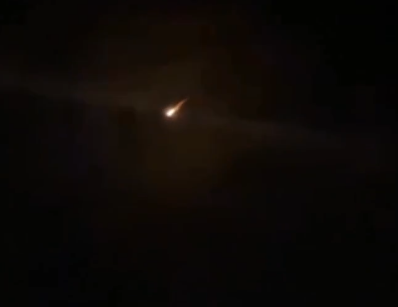Powerful solar eruptions threaten earth with strong geomagnetic storm
A series of powerful solar eruptions this week could lead to a significant geomagnetic storm by Friday, potentially bringing spectacular aurora displays to regions farther south than usual.

 Google News'te Doğruhaber'e abone olun.
Google News'te Doğruhaber'e abone olun. Earlier this week, the sun released a series of intense eruptions known as coronal mass ejections (CME), which occur when the sun's magnetic fields collide, causing explosions that can impact Earth. Among these, one CME was particularly powerful, classified as an M9.8 flare, which is just below the most potent category, the X-class flare. X-class flares are so strong they can cause radio blackouts on Earth, as previously reported by Insider.
CMEs can create a halo effect around the sun, indicating that the ejection is heading directly towards Earth. "Whenever we see a halo CME, it means that the CME has been ejected more or less directly towards the Earth," explained Daniel Verscharen, an associate professor of space and climate physics at University College London, to Business Insider.
This particular CME is gaining momentum as it travels towards Earth, picking up charged particles from earlier eruptions this week. This phenomenon, known as a "Cannibal CME," could result in a strong geomagnetic storm, as reported by Spaceweather.com.
Geomagnetic storms occur when energy from solar winds disrupts Earth's magnetosphere, according to the NOAA's Space Weather Prediction Center. The current CME is expected to reach Earth on Friday, potentially causing a significant geomagnetic storm.
These storms can enhance auroras, making them visible at lower latitudes than usual, and may also affect satellite operations, communication systems, and power grids.
Scientists and space weather prediction centers are closely monitoring the situation to assess the potential impacts and provide updates. The public is advised to stay informed through reliable sources about possible disruptions and the best times to view any resulting auroras.
This week’s solar activity underscores the importance of monitoring space weather and understanding its effects on our planet. (ILKHA)

















































